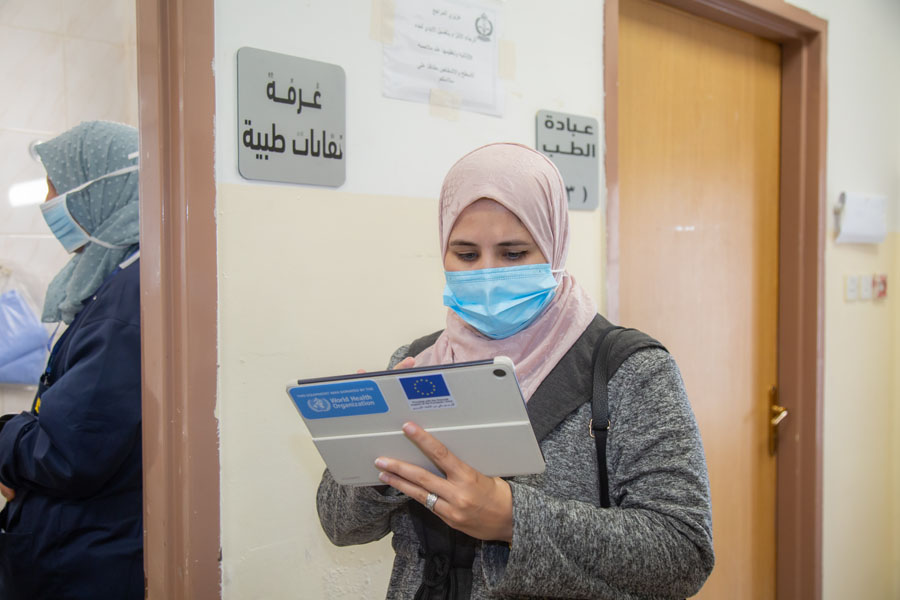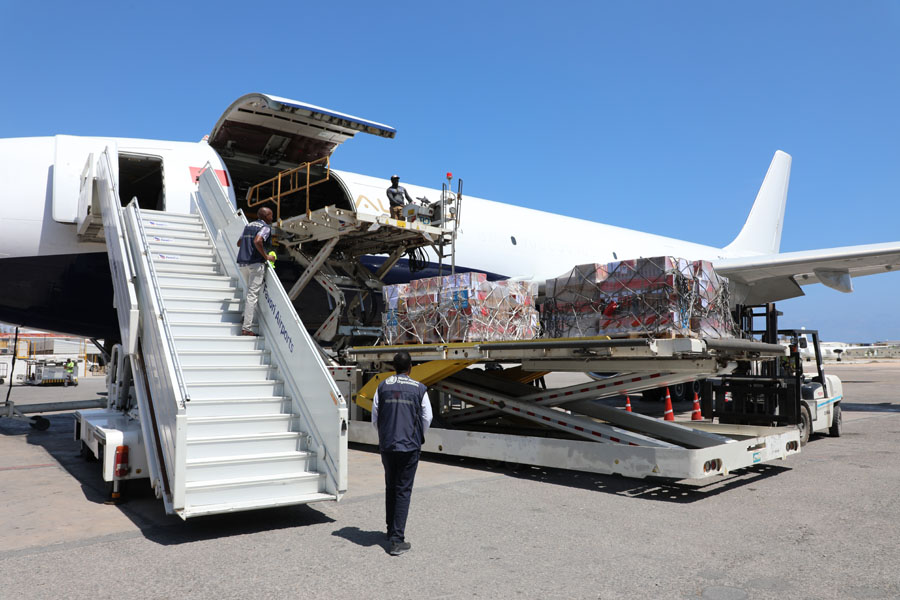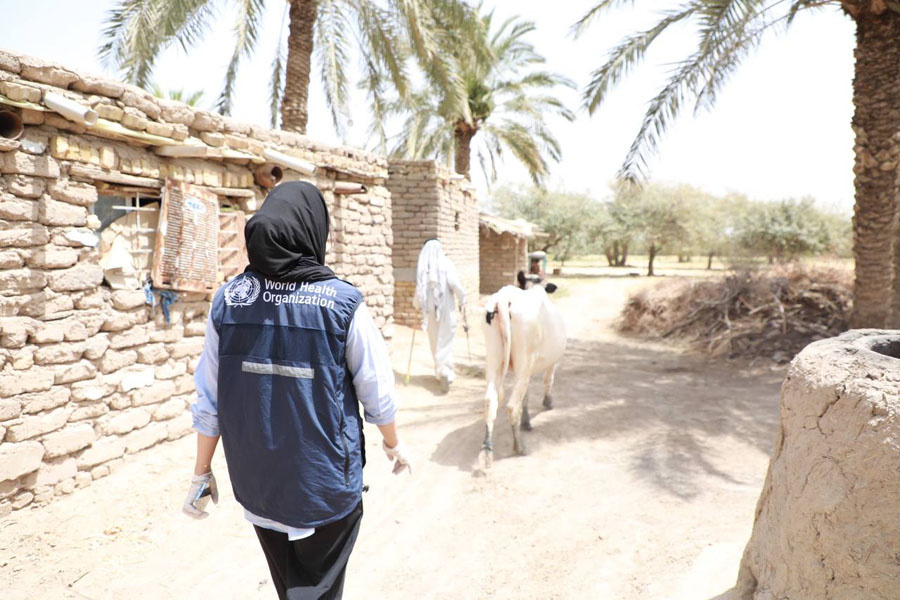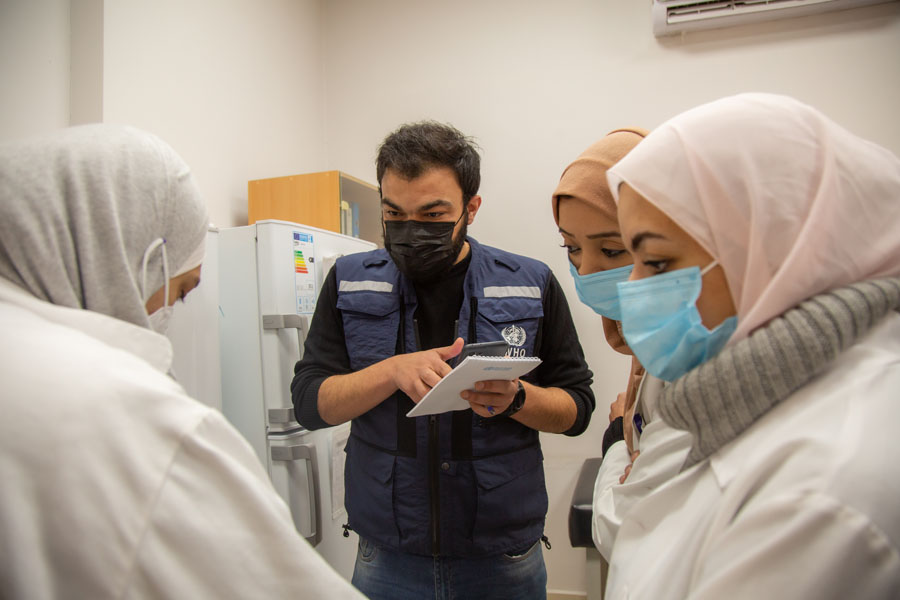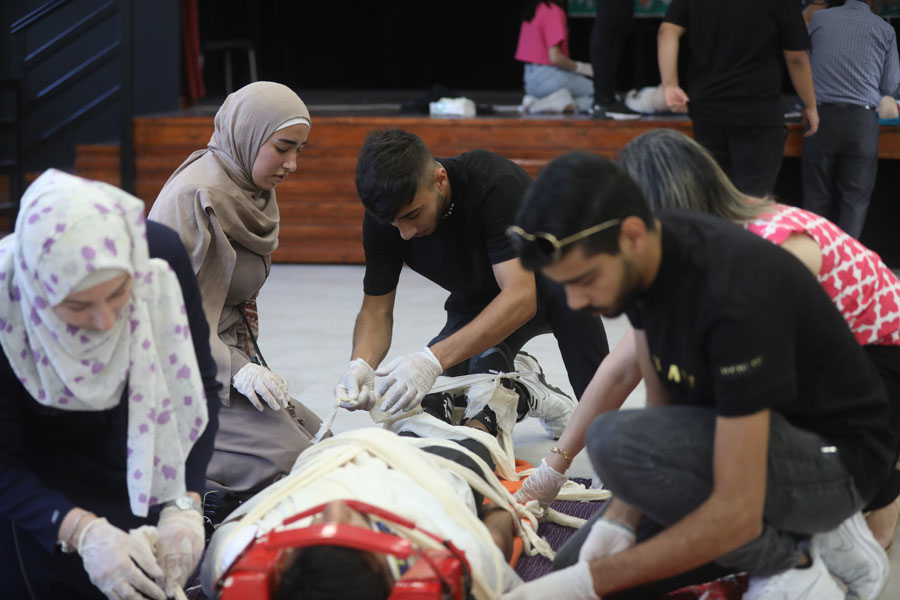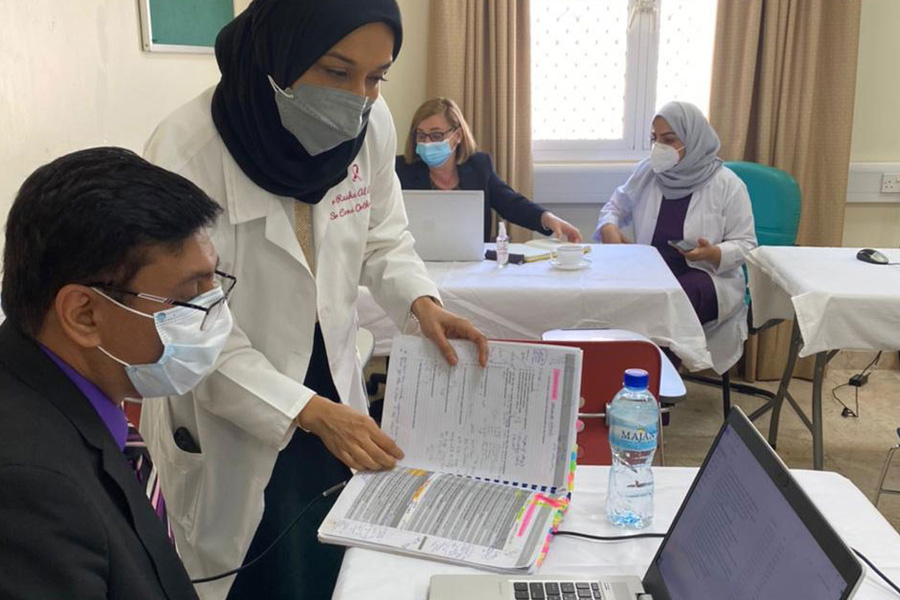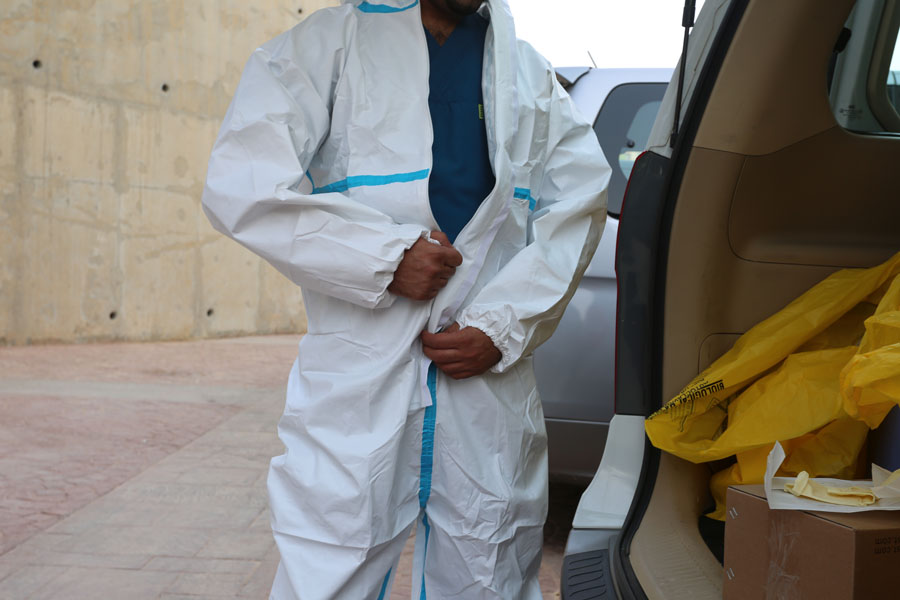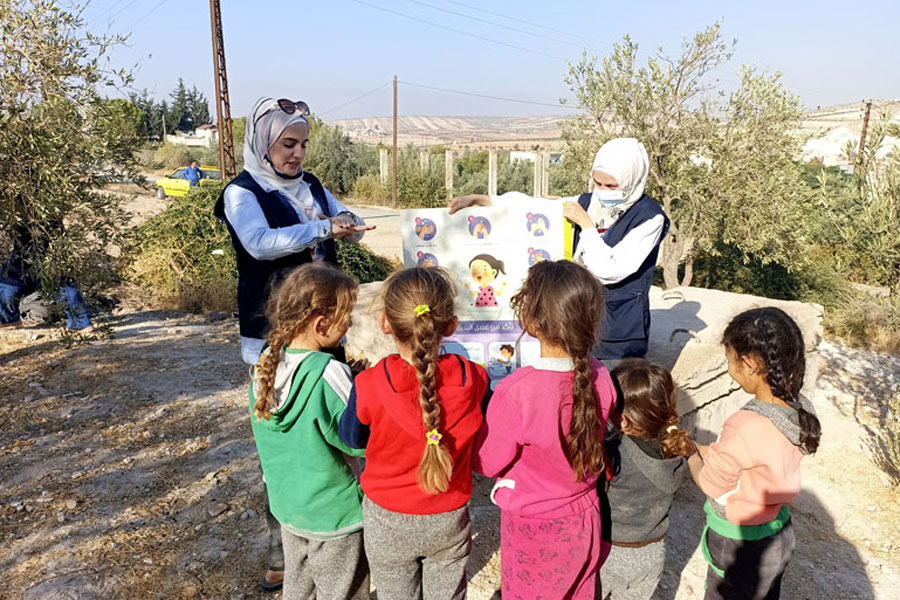Our work
Part of the WHO Health Emergencies Programme’s mission is to support countries and territories to strengthen their preparedness in line with the International Health Regulations (2005). We also support their operational readiness for health emergencies through an all-hazards approach. Support to the most vulnerable and low-capacity countries is prioritized.
Our values
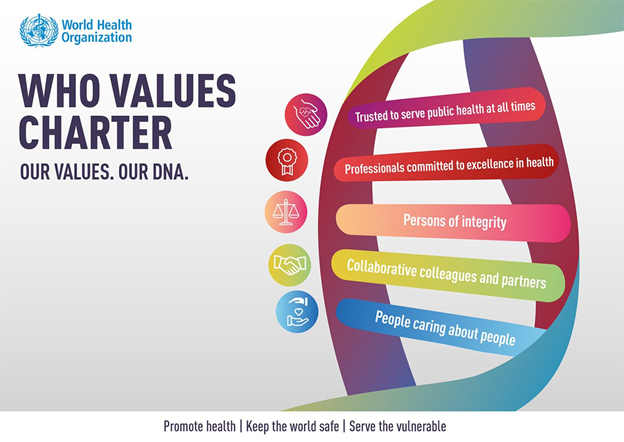
WHO, as the directing and coordinating authority on international health within the United Nations (UN) system, adheres to the UN core values of integrity, professionalism and respect for diversity. The values of the WHO workforce further reflect the principles of human rights, universality and equity set out in the WHO Constitution, as well as the ethical standards of the Organization.
These values are inspired by the WHO vision of a world in which all peoples attain the highest possible level of health, and our mission to promote health, keep the world safe and serve the vulnerable, with measurable impact for people at country level. We are individually and collectively committed to put these values into practice.
What we do
Managing epidemics, pandemics and health emergencies in the WHO Eastern Mediterranean Region presents complex challenges. Ongoing humanitarian crises and conflicts in many of the countries and territories continually expose the Region to infectious disease outbreaks and other public health emergencies.
The WHO Health Emergencies Programme (WHE) team plays a vital role in response. We provide strategic, operational and technical support to help countries take action to protect global health security. In turn, this reduces economic impacts and enhances public trust in public health systems. Our support also helps countries to meet regional and global commitments within the International Health Regulations (2005) and the 2030 Agenda for Sustainable Development.

The Region grapples with the ongoing COVID-19 pandemic, as well as outbreaks of diseases such as acute watery diarrhoea, Crimean-Congo haemorrhagic fever, dengue, malaria, measles, mpox and polio. Factors that contribute to these health crises include climate change, natural disasters, fragile health systems and population movements. Cholera has also made a comeback in the Region, making oral cholera vaccines crucial in outbreak control.
WHE has made significant efforts to empower countries across the Region to protect and enhance the health of their people in the face of health emergencies. Our support focuses on preparedness, collaboration, evidence-based action, capacity-building, community engagement, innovation and transparency to secure a healthier, safer future for all.
Yet there are ongoing challenges to this work, including protracted emergencies, insufficient investment in infectious hazard preparedness, and delays in data sharing. WHE’s continued commitment to address these issues and support the Region in managing health emergencies remains crucial.
WHE’s work on health emergency preparedness and International Health Regulations spans 10 technical areas, as follows:


